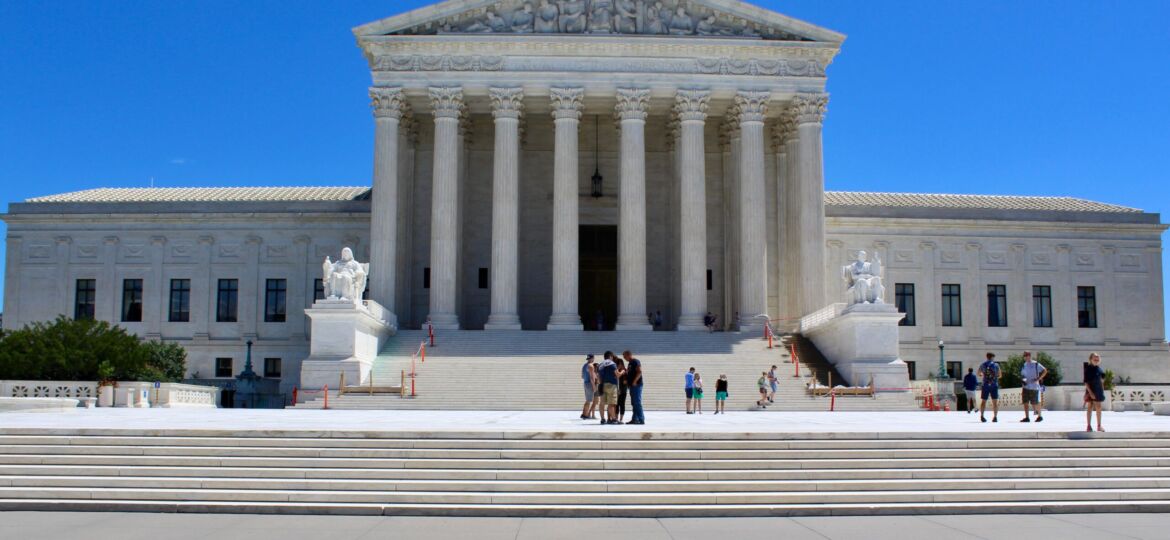
Matters of Interpretation: The Bruce D. Benson Center for Western Civilization Brings Intellectual Diversity and Controversy
By Steven Hlavac
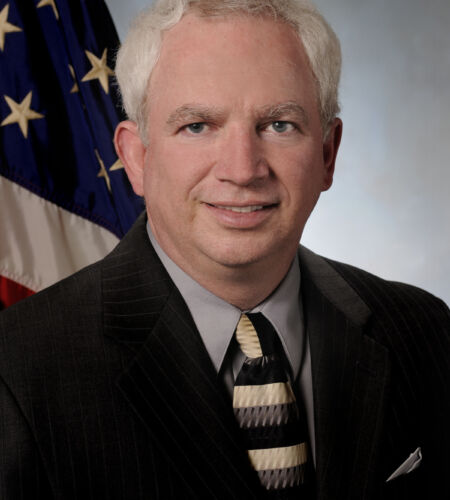
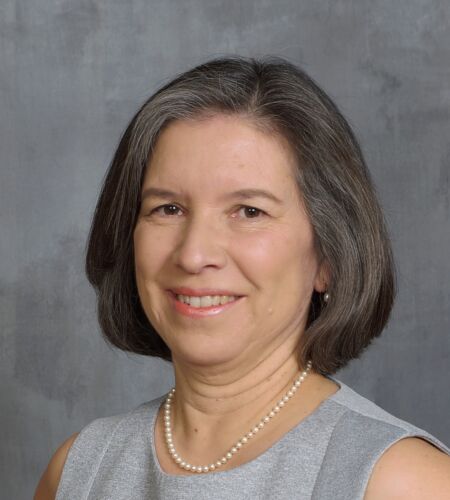
Update: On Dec. 9, 2020, John Eastman filed as counsel of record representing President Donald Trump to the Supreme Court in the case state of Texas v commonwealth of Pennsylvania et al. to contest the results of the 2020 election in several states. To see updated proceedings please visit the Supreme Court’s website.
Dr. John Eastman of Chapman University was greeted by a faculty and community letter asking for his dismissal upon his arrival to the University of Colorado Boulder. As a visiting conservative scholar, many community members were concerned with his philosophies and research, including an article published on the Newsweek website. Over 400 community members addressed Chancellor DiStefano with a demand letter to remove Eastman from the university. Though DiStefano understood the sentiment, he dismissed the request.
John’s wife, Elizabeth Eastman, joins him as a distinguished scholar on campus at the Bruce D. Benson Center for the Study of Western Civilization. The Center brings together visiting scholars from across the western world including postdoctoral visitors, graduate, and undergraduate fellows for personal and professional development. Outreach is done on a monthly basis, with guest lecturers on topics of the Eastmans’ choosing through the Benson Center’s ‘Community or Disunity?’ Series.
As a constitutional scholar and former Supreme Court Clerk, John agreed to speak openly about Proposition 113 on the Colorado ballot, his role on campus and his experience with the Newsweek article prior to the election. Elizabeth spoke about historic elections, the evolution of American political institutions through the 1900s alongside her then upcoming virtual event.
“My duties include teaching a couple classes, engaging the community both here and around the state of Colorado and also organizing a significant lecture series,” John said, “My wife is also a distinguished visiting scholar at the Benson Center, so we have been doing a tag team.”
John notes the Electoral College is important to the American republic to prevent majority tyranny. 200 years after the ratification of the Constitution, Proposition 113 seeks to allow national popular vote to decide for the electors of Colorado through a majority vote instead of an amendment. John Eastman views Proposition 113 as unconstitutional due to this reason. Prior, the state majority would decide the votes of electors unless an elector is ‘faithless.’
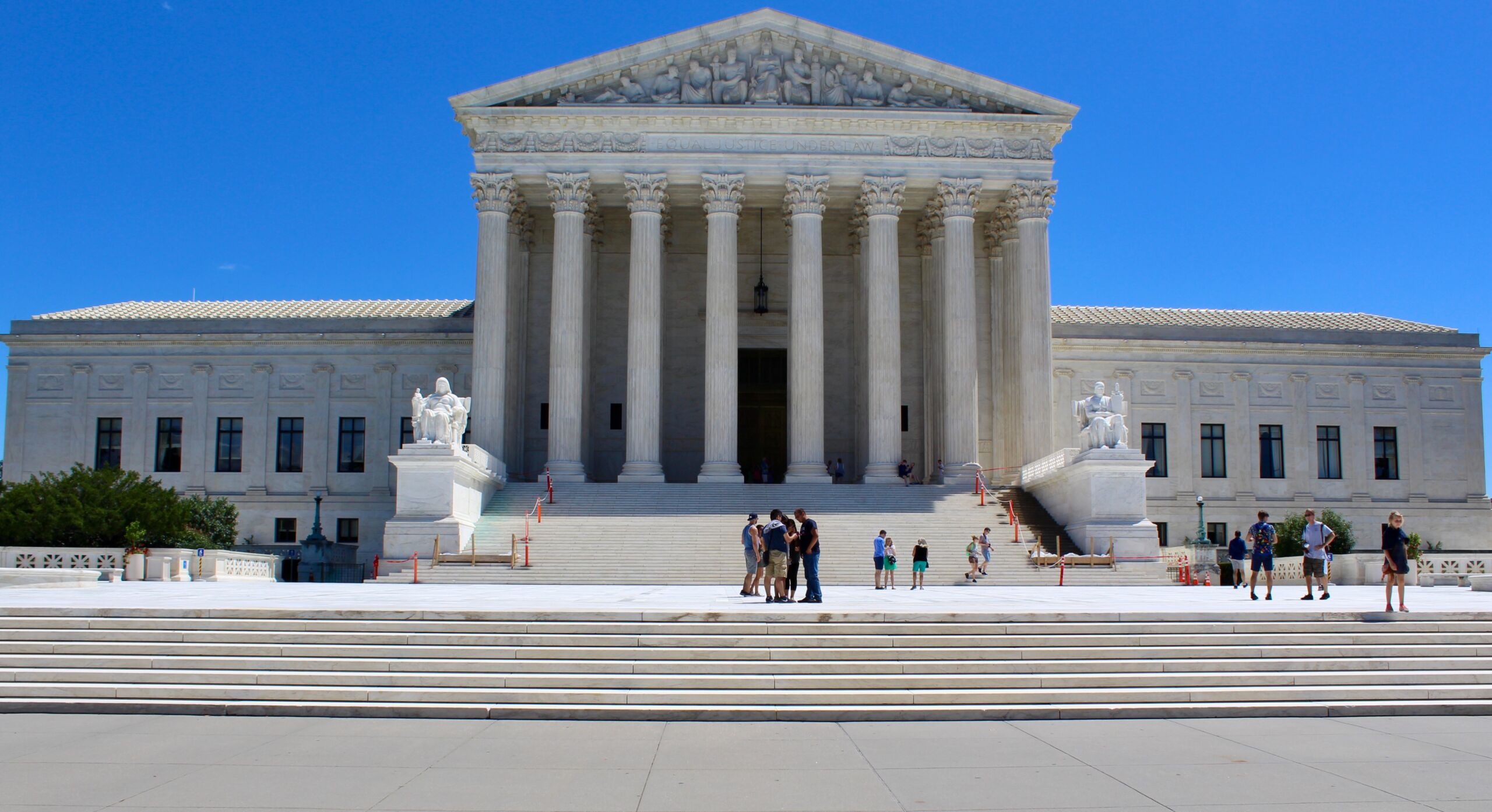
“The welcome mats were pulled back rather quickly,” John said about his article about Harris. “At a university that is particularly the position I am in, which is to bring intellectual diversity to the campus, you would think people would want to engage me on the merit.” John explains he is open to other scholars and students who oppose him, not with anonymity or hostile conversations, but with willingness to converse.
In the Newsweek article, John’s argument about Kamala Harris’ status as an eligible candidate for vice president of the United States came from an interpretation of the Constitution’s 14th Amendment. John explains Harris’ parents later became citizens, but when Harris was born her parents were here on student visas. Newsweek addressed its audience by saying his work is being used under a guise of white supremacy and is conflated with the conspiracy that former president Barack Obama was born in Kenya and not a citizen. John wants to correct the misconstrued interpretation of his argument.
John has supported this argument for roughly 20 years since the case of the Taliban combatant, Yaser Esam Hamdi. Hamdi went to the Supreme Court under the case Hamdi V. Rumsfeld, where John filed a brief for the Court. He argues the interpretation of the 14th Amendment clause under other contexts since 9/11 as well, such as the case of the ‘ISIS Bride’ in Muthana V. Pompeo.
“Racist, xenophobe… they threw in every name they could, but look, I was a fairly high-level appointee during the Reagan administration at the Civil Rights Commission and that was 40-years ago, 30-years ago, I have grown thick skin on these things,” John said. “The best part of it was a professor at the London School of Economics falsely said, ‘you are only saying this because she is black,’ and I said, ‘No I am not, I have been arguing this topic for 20 years.’ But he sent me this via email and copied the Dean and President of my home university.”
As the professor decided to make a libelous claim of a public figure, he ultimately had to issue an apology based on England’s legal proceedings.
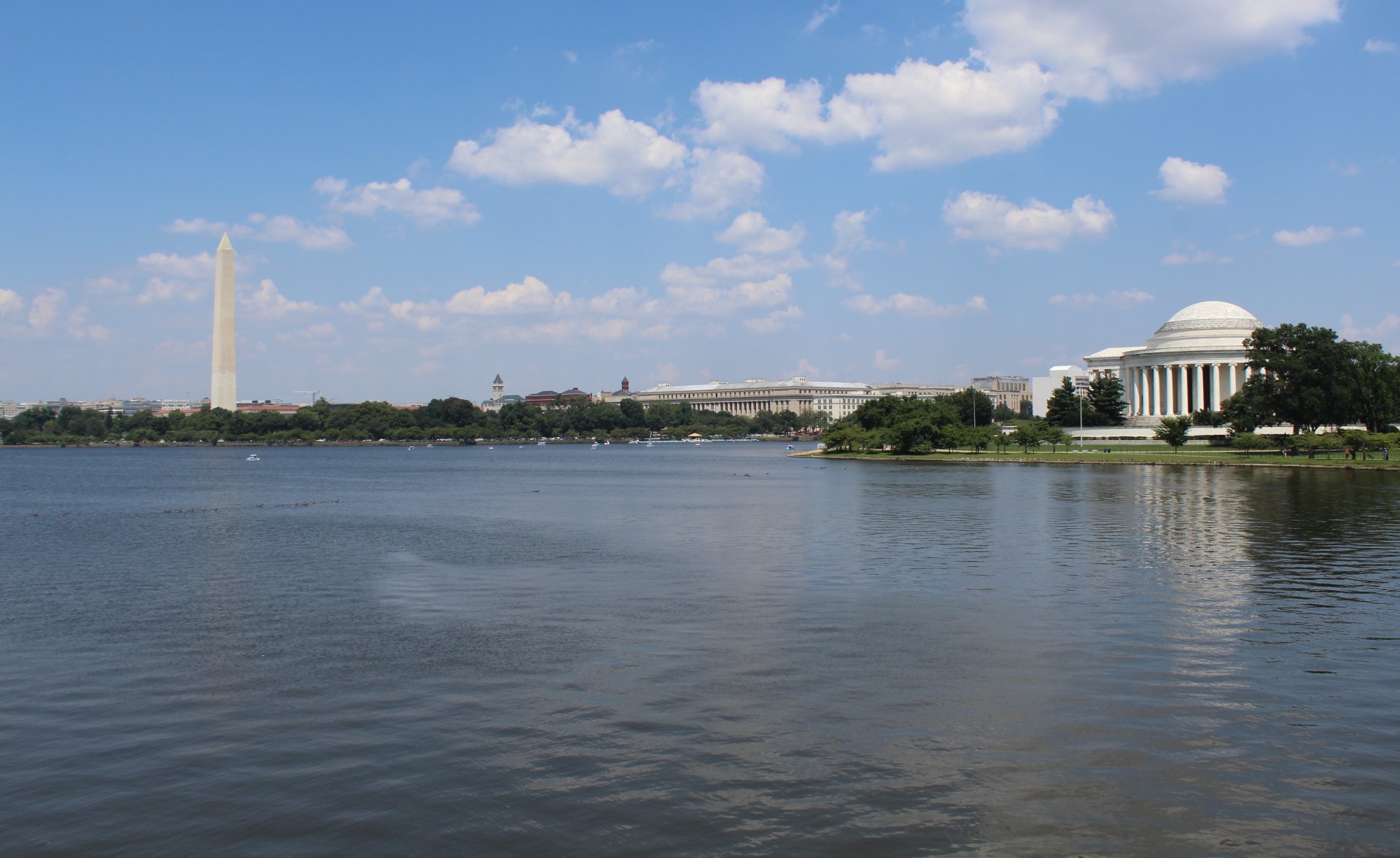
Elizabeth is currently teaching a class on the age of Lincoln and will teach a class in spring 2021 on the development of American political institutions. Elizabeth delves into both of these topics during her interview on Radio 1190. Reaching the 1900’s, Elizabeth starts from the formation of the nation from a group of disjoint colonies developing into the political landscape we see today. The Interview was taped prior to the 2020 election on Oct. 23.
One of her virtual events was held on Nov. 17 through the Benson Center’s Conservative Thought and Policy ‘Community of Disunity?’ Series. Her topic was “From Shadows on the Wall to the Sun: Liberal Education and the Ascent from the Cave,” which is based on her interpretation on the allegory of Plato’s Cave in regard to liberal arts.

